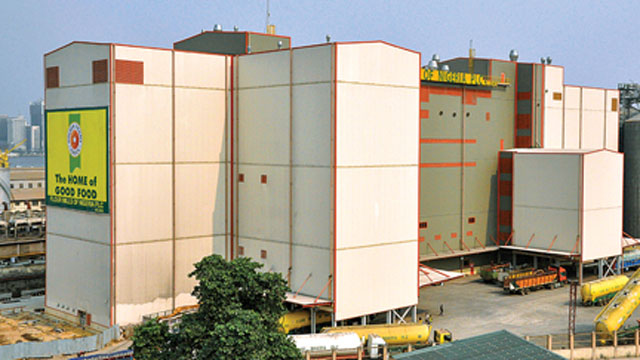Ahead of the Deadline on Thursday, directors of Flour Mills of Nigeria Plc, on Monday presented its audited full-year result showing that although revenue soared by 32% to N1.539tr from N1.163tr, with sale of goods contributing N1.492tr from N1.118tr, and rendering of services (involving the operation of terminals, customs clearing, forwarding and shipping agents and logistics), accounting for the balance of N46.777bn, up from N45.643bn.
The group’s food segment contributed N1.0tr from N748.762bn; followed by the agro-allied segment which relates “to the sale of Golden Penny Vegetable Oil, Soya Oil and Margarine products,” with N283.952bn, up from N213.373bn; while Sugar accounted for N208.397bn, up from N156.022bn.
Cost of sales however gulped a significant N1.362tr, compared to N1.055tr in the corresponding period of last year, driven by the cost of raw and packing materials at N1.225tr from N957.956bn; followed by fuel and oil costs which increased from N23.111bn to N41.205bn; while production employee cost stood at N31.753bn, up from the previous N23.522bn; and factory repairs and maintenance of N21.483bn, compared to the previous N16.112bn.
A further breakdown of the numbers by segments showed that food segment accounted for N1.0tr, up from N748.762bn in 2022; cost of sales stood at N866.34bn, resulting in gross profit of N134.286bn, compared to the previous N62.82bn. The agro- allied segment recorded N21.033bn gross profit down from N28.862bn, while sugar and support services followed with N5.731bn, a significant jump N387.653m; and N16.05bn from N16.019bn.
Net operating loss for the period amounted to N21.821bn from just N135.885m, following a loss on exchange difference soared from N10.194bn to N31.484bn; sundry expense rose to N28.722bn from N127.578m; which wiped out the N23.023bn gain on bargain purchase.
Selling and distribution expense rose from N11.08bn to N15.479bn; while administrative expenses increased to N40.531bn from N31.775bn; boosted by the N16.079bn employee costs, up from N11.577bn.
Finance costs rose by over 100% from N25.481bn to N55.725bn buoyed by the interest paid on bank loans and overdrafts which grew from N17.958bn to N48.558bn.
Consequently, the group could only convert a mere N29.504bn to profit, a 5% limp from N28.015bn; after minimum tax rose 56% from N1.902bn to N2.969bn; while net income tax expenses dropped marginally from N11.2bn to N10.278bn. Earnings per share for the period, therefore rose 16% from N6.26 to N7.25; from which the board recommended a dividend of N2.25, which was 5% better than the N2.15 paid in the corresponding full-year. Total dividend proposed for the period was N9.23bn, from N8.82bn.
Trending Today
Menu








